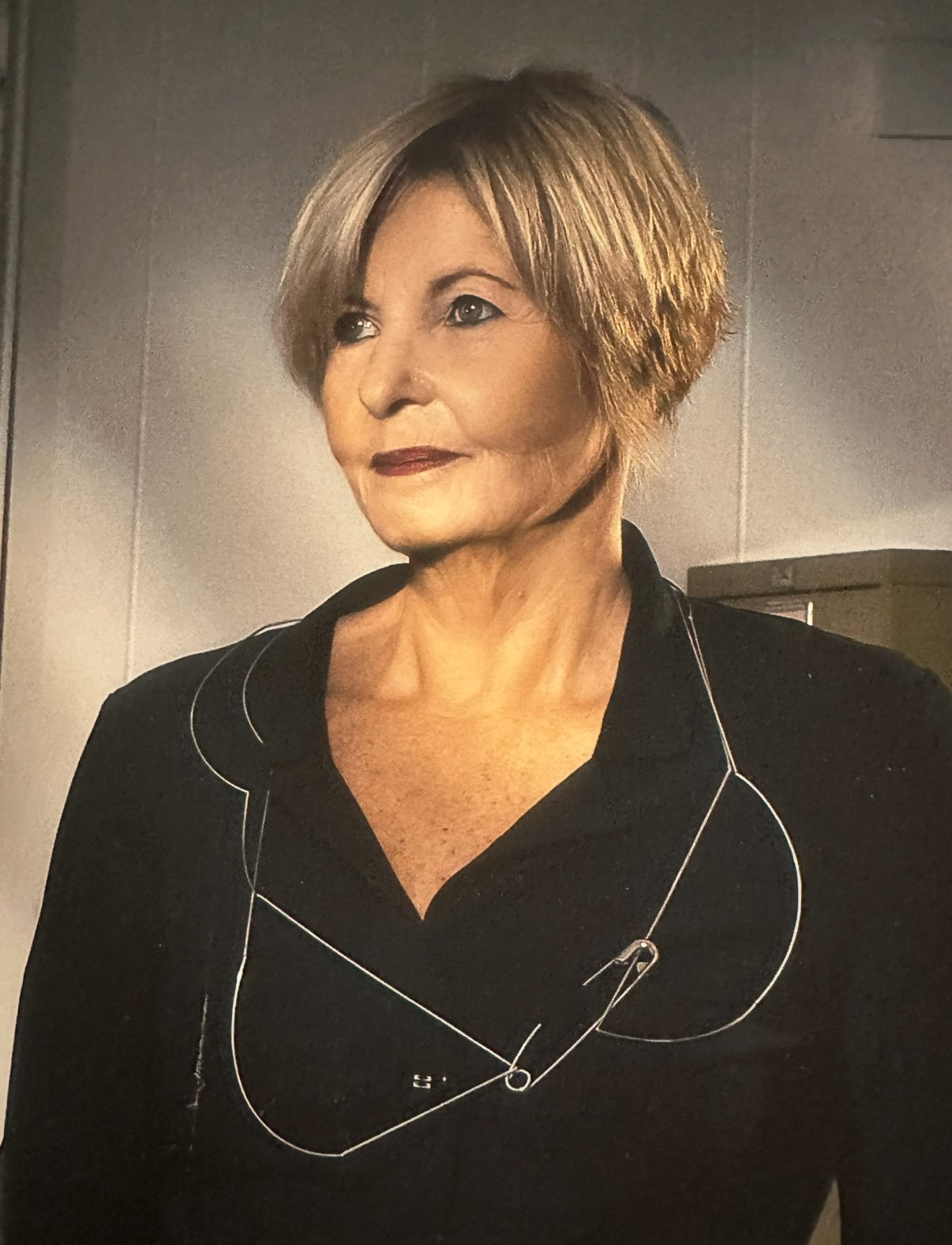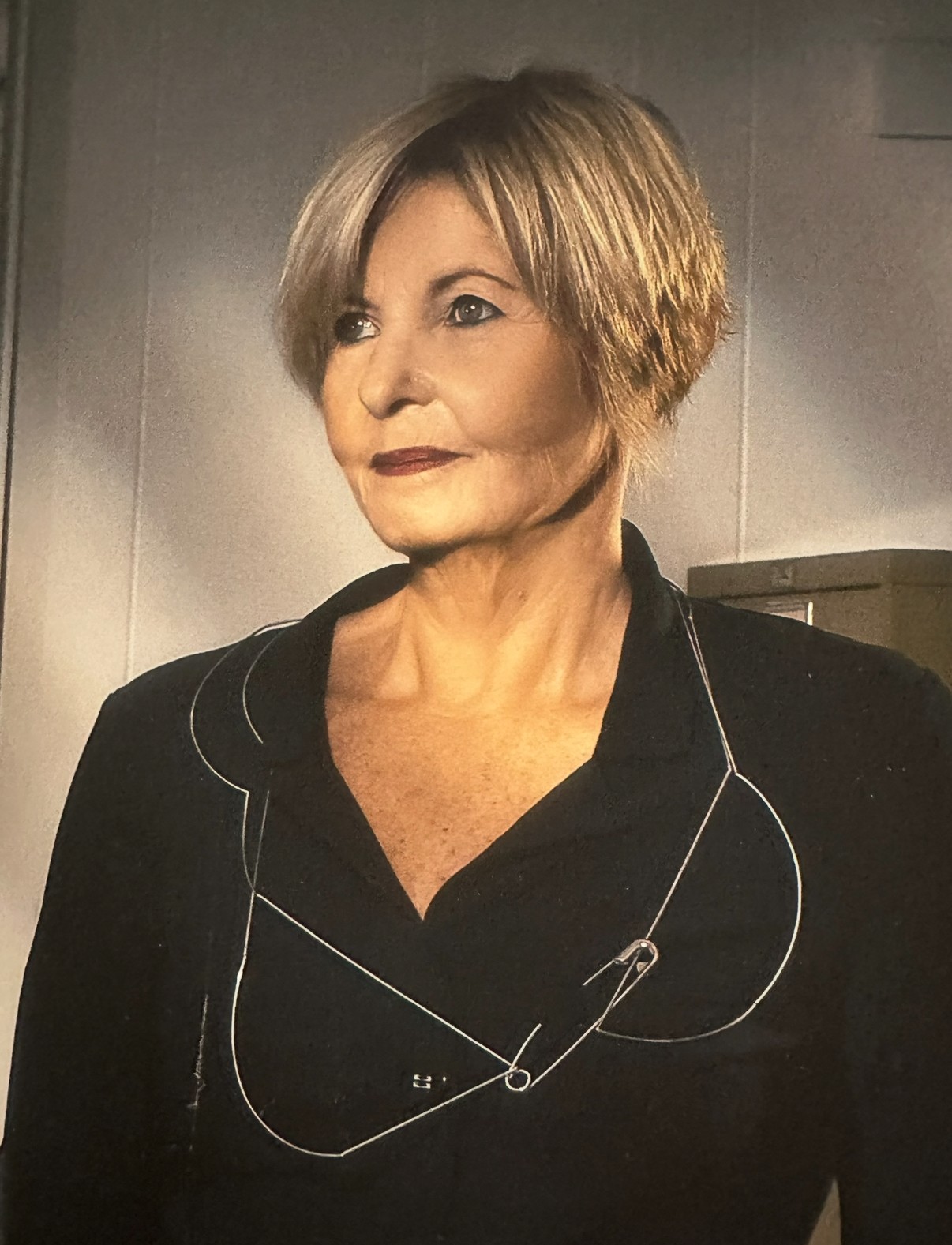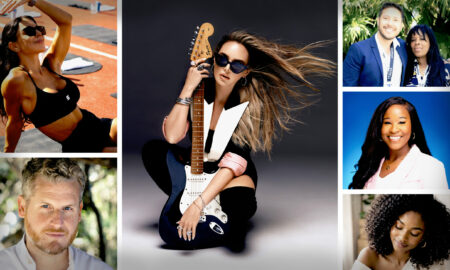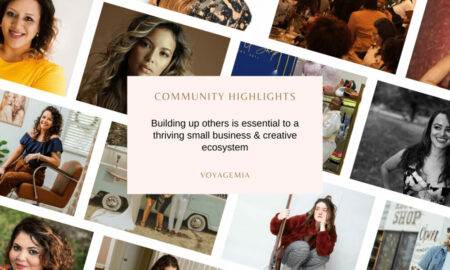

Cathy Leff shared their story and experiences with us recently and you can find our conversation below.
Hi Cathy, thank you so much for joining us today. We’re thrilled to learn more about your journey, values and what you are currently working on. Let’s start with an ice breaker: What do the first 90 minutes of your day look like?
I wake up to sunrise and the beautiful morning light that enters my east facing window. I slowly make it out of bed and grab a coffee, catch up on emails, write a bit, and read the papers/blogs.
Can you briefly introduce yourself and share what makes you or your brand unique?
I’m Cathy Leff, Executive Director of Bakehouse Art Complex in Miami. I’ve spent my career at the intersection of culture, community-building, and innovation—first at The Wolfsonian-FIU, where I helped transform a private collection into a world-class public museum, and now at Bakehouse, which I’ve been leading since 2018.
Bakehouse is housed in a historic 1926 Art Deco-era bakery and is home to nearly 100 working artists. What makes it unique is its role as both a creative incubator and a cultural anchor for the Wynwood Norte neighborhood. We provide affordable studios, resources, and opportunities for artists to thrive, while also building meaningful connections with the surrounding community.
Right now, I’m most excited about Bakehouse’s future. We’re working on an ambitious campus plan that will transform our 2.3-acre site into a model for how art, housing, and community can come together. This includes renovating our iconic bakery building, expanding cultural and community spaces, and developing affordable live-work housing for artists and cultural workers. It’s a once-in-a-generation opportunity to show how artists and creativity can be at the center of shaping a more inclusive and resilient city.
Great, so let’s dive into your journey a bit more. What’s a moment that really shaped how you see the world?
One of the most formative experiences that shaped how I see the world was living and studying in Spain during the Franco era in 1971–72, as part of Tulane University’s junior year abroad program. It was a time when the Vietnam War dominated global perceptions of America, and being immersed in Spain under an authoritarian regime offered me the chance to understand how young progressive Spaniards viewed both their own political system and mine.
For me, it was eye-opening to experience firsthand what it meant to live in a society where speech, press, and political freedoms were curtailed—something that contrasted sharply with the turbulence but openness of the U.S. at that moment. Conversations with Spanish students revealed both a hunger for democratic ideals and a critical lens on America’s role in the world.
Equally transformative was the opportunity to travel widely across Europe, to encounter new cultures, and to see how history, politics, and art shaped people’s lives differently from what I had known. Learning Spanish deeply enriched my sense of connection to people and place—an unexpected gift at the time, as Miami was not yet in my future. That year abroad broadened my worldview in enduring ways: it taught me to question assumptions, to listen across cultural divides, and to understand that political and cultural systems profoundly shape how people experience freedom, identity, and possibility.
What did suffering teach you that success never could?
Fortunately, I cannot say that I have truly suffered. I am deeply appreciative that I have led a gifted life without experiencing real hardship. That said, I’ve certainly made mistakes, taken missteps, and faced failures along the way. I’ve always worked hard—often as an overachiever—and in that process I’ve learned that mistakes can be some of the most powerful teachers.
Unlike success, which affirms what we already know or do well, mistakes push me to pause, reflect, and grow. They’ve sharpened my self-awareness, expanded my emotional intelligence, and helped me approach challenges with resilience. I think I learned from all of this to have confidence in my ability to be resilient.
So a lot of these questions go deep, but if you are open to it, we’ve got a few more questions that we’d love to get your take on. What’s a cultural value you protect at all costs?
A cultural value I protect at all costs is authenticity, where expression isn’t about performance or conformity, but about honesty and integrity. For me, authenticity is the foundation for trust and meaningful relationships.
Before we go, we’d love to hear your thoughts on some longer-run, legacy type questions. What will you regret not doing?
Too difficult to answer. I always thought I would have children, but it never happened. Luckily I am surrounded by many young family members and young people, so I parent some in a certain way,
Do I regret it? Well, I am sure I missed out on something amazing; but, maybe, had that happened, a lot of what I have been able to do would not have been done.
Contact Info:
- Website: https://bacfl.org
- Instagram: @culturedaytripping
- Linkedin: @cathyleff
- Facebook: @cathyleff

Image Credits
Detail of portrait by Pedro Wazzan.












